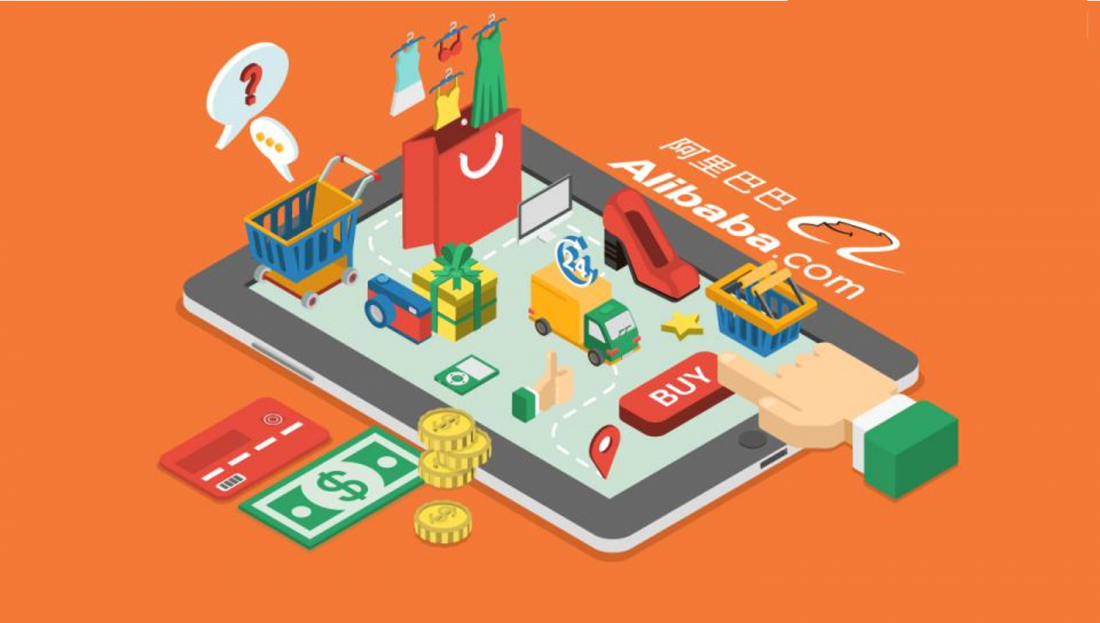Sourcing From China: The difference between Alibaba and doing it yourself
September 11, 2022

Last week’s blog touched on Alibaba as a platform for buyers and how it may be different from “doing it the hard way” like traditional importers do. If you haven’t read that blog yet, you can check it out here.
In that blog, we spoke about what sourcing with platforms like Alibaba entails, and how some buyers are finding that sourcing from China is made easy by platforms like this.
In fact, you can find nearly any product imaginable in Alibaba. The reaction on a product inquiry is often phenomenal, and when you communicate directly with the vendors many of them respond promptly, provide excellent pricing and the beautiful samples they send arrive by Fedex in days. Based on this performance, you would think the days of the traditional importers are numbered; this disruptive innovation must be killing them, right?
Not quite. Even though a certain segment of end-users benefit from Alibaba-type of platforms, traditional importers have a continuing role to play in the supply chain. Their ways of sourcing from China is, by necessity, more elaborate, more hands-on.
Hands-on, direct sourcing From China:
To succeed in the marketplace, importers need to differentiate themselves, usually by offering new and better products at a low cost. So they tend to buy unique products, manufactured or at least branded and packaged specifically for them. They usually buy a certain volume of these products and store them in their warehouse in the USA. They rely on their China supply chains to optimize the sourcing process, so their needs are different.
A typical importer is concerned about the following:
– Repeatability: Importers often are B2B Service providers. This means they need continuity and repeatability over a series of shipments, sometimes spanning years. They are not looking for one-time deals.
– Pricing: The price they need has to be ultra-competitive, they cannot buy at a price that is available for anyone online.
– Quality: Importers take title to the goods they buy, this means “the buck stops here”. They are responsible for the quality of the merchandise in their warehouse. So the quality must match their requirements and be consistent for each and every shipment.
– Delivery: Delays are not acceptable. The shipments must be on time and steady, every time.
– Control: To manage this complicated process, many importers have invested into their own sourcing office in China or, at the very least, turned to agents and sourcing consultants.
Alibaba makes sense for some people. It adds another dimension to sourcing from China. It is easy to use for new or small volume importers. But it is not cost efficient, nor is it a sufficient or even a relevant platform for specialists. It does not provide enough hands-on control, and it cannot replace their need for a supporting structure in China.
Essentially, you’ll hear it from experts and experienced importers everywhere – when it comes to sourcing using platforms like Alibaba, it all boils down to one thing; it is at best only an entry point. You MUST do your own due diligence. You may be able to find great suppliers, and may find a few not-so-great ones. The trick is not just taking their “gold star” rating at face value and take the time to verify and monitor the suppliers yourself, the way any importer would with any supplier from China.
What are your opinions on these two different approaches? Share your thoughts with us in the comments below.
By Jocelyn Trigueros
Editor’s note: This blog was originally published in September 2017.
